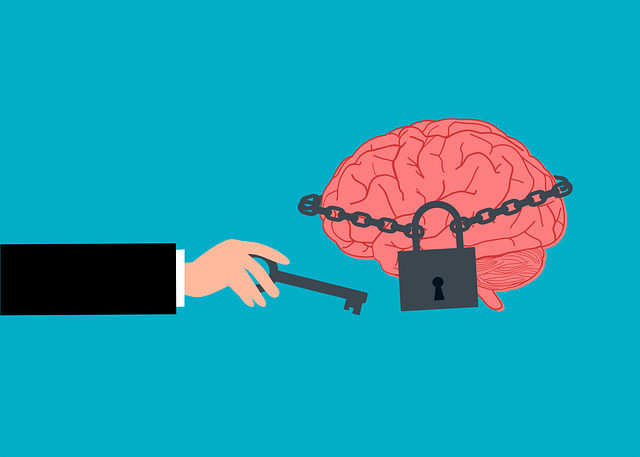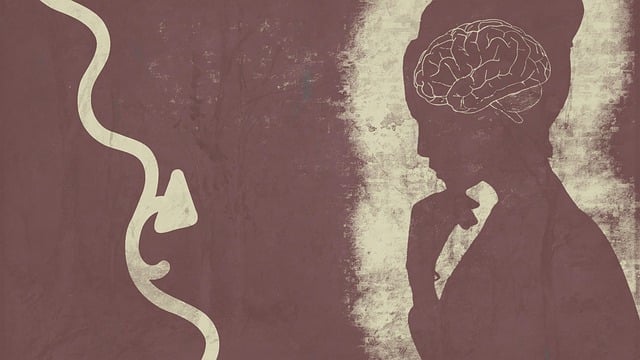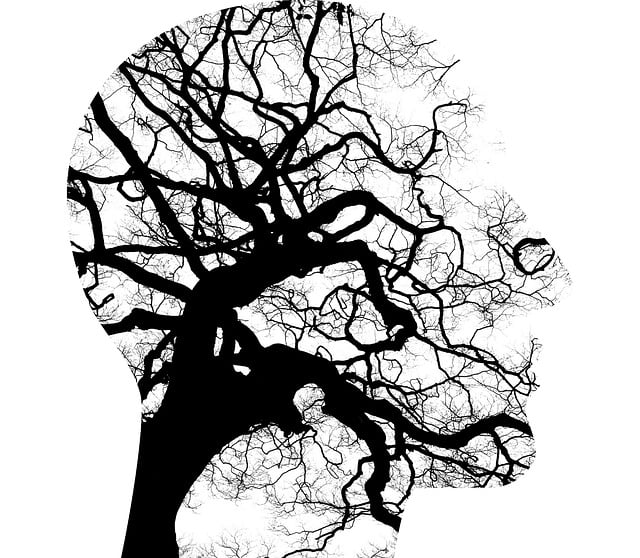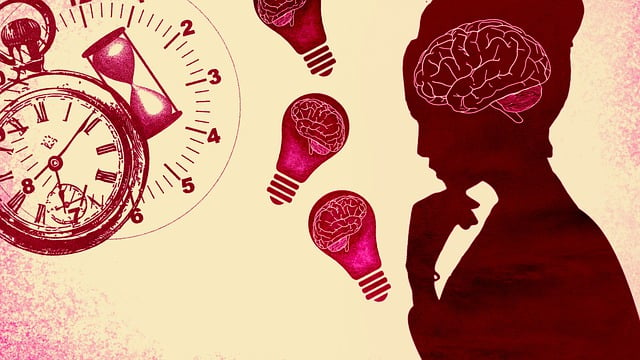In Northglenn, mental illness stigma severely limits access to essential services like chronic illness therapy, causing prolonged suffering and isolation. To combat this, Northglenn Chronic Illness Therapy launches initiatives such as the Mental Wellness Podcast Series, educational workshops, and personal recovery story-sharing. These efforts break down stigma by promoting open conversations about mental health, encouraging individuals to seek care without judgment, and fostering a supportive ecosystem for mental wellness. Through community engagement, collaboration with local entities, and support for healthcare providers, Northglenn Chronic Illness Therapy aims to reduce stigma and improve access to mental health services.
In Northglenn, as across the globe, mental illness stigma continues to hinder individuals from seeking much-needed chronic illness therapy. This article explores targeted efforts to reduce this pervasive barrier. We delve into the profound impact of stigma on mental health seekers and present a multi-faceted approach, including education, open conversations, community engagement, and sharing recovery stories. By implementing these strategies, we aim to foster an environment that promotes understanding and support for those facing mental illness in Northglenn.
- Understanding Stigma: Its Impact on Mental Health Seekers in Northglenn
- Disrupting Stigma: Education as a Powerful Tool for Change
- Encouraging Open Conversations: Breaking Down Barriers in Therapy
- Community Engagement: Collaborating to Reduce Stigma and Promote Support
- Celebrating Recovery: Sharing Stories to Inspire Hope and Understanding
Understanding Stigma: Its Impact on Mental Health Seekers in Northglenn

In Northglenn, like many communities across the globe, mental illness stigma continues to pose a significant barrier for individuals seeking support. This pervasive social construct often deters people from discussing their struggles openly and pursuing necessary treatment, such as chronic illness therapy. The impact is profound; it can lead to prolonged suffering, isolation, and even exacerbation of symptoms. Stigma creates an environment where those with mental health concerns may feel judged, misunderstood, or ashamed, hindering their ability to access the care they deserve.
Efforts to reduce stigma are crucial for fostering a supportive ecosystem that promotes mental wellness. Initiatives like the Northglenn Mental Wellness Podcast Series Production aim to educate and humanize experiences related to mental health through relatable stories and expert insights. By shining a light on personal journeys and emphasizing the importance of self-care practices and emotional intelligence, these efforts contribute to breaking down barriers. Encouraging open conversations about mental health is a game-changer in combating stigma, ultimately enabling individuals to seek help without fear of judgment or discrimination.
Disrupting Stigma: Education as a Powerful Tool for Change

Stigma surrounding mental illness is a pervasive and persistent challenge, often creating barriers to individuals seeking necessary support and treatment. Education serves as a potent catalyst for disrupting this stigma, fostering understanding and empathy within communities. By integrating mental wellness coaching programs and developing emotional healing processes, Northglenn Chronic Illness Therapy can play a pivotal role in this transformation. These initiatives empower individuals with knowledge about various mental health conditions, challenging outdated stereotypes and misconceptions.
Moreover, offering Stress Management Workshops can further contribute to stigma reduction efforts. Engaging workshops provide practical tools and strategies for managing stress and promoting mental wellness. Through interactive sessions, participants gain insights into the impact of stress on overall well-being, encouraging proactive approaches to maintaining mental balance. This holistic development contributes to a culture where mental health is prioritized, fostering supportive environments for those facing challenges related to their emotional well-being.
Encouraging Open Conversations: Breaking Down Barriers in Therapy

Encouraging open conversations is a powerful tool in the fight against mental illness stigma. By fostering an environment where individuals feel comfortable discussing their experiences, we can begin to break down barriers that prevent many from seeking Northglenn chronic illness therapy. This shift starts with normalizing conversations about mental health, reducing the associated shame and fear. When people see friends, family, and peers openly talking about their struggles and triumphs in mental healthcare, it signals a cultural change where support is expected rather than stigmatized.
This process involves educating communities on the signs of common mental illnesses, promoting cultural sensitivity in mental healthcare practice, and emphasizing self-esteem improvement. By fostering empathy and understanding, we can create a safer space for individuals to acknowledge their needs and take that first step towards seeking help. This approach not only encourages people to pursue therapy but also fosters a supportive environment where recovery is celebrated and resilience is strengthened.
Community Engagement: Collaborating to Reduce Stigma and Promote Support

In efforts to reduce the stigma surrounding mental illness, Northglenn Chronic Illness Therapy has been at the forefront, emphasizing community engagement as a powerful tool. By fostering partnerships with local organizations, schools, and healthcare providers, they aim to promote understanding and support. This collaborative approach involves hosting educational workshops, sharing resources, and organizing awareness campaigns that challenge stereotypes and misconceptions about mental health. Through these initiatives, the therapy center seeks to create a network of allies who can recognize signs of struggle and offer help, ultimately reducing isolation and encouraging individuals to seek timely intervention.
Community engagement goes beyond awareness; it involves implementing burnout prevention strategies for healthcare providers, ensuring they are equipped to support both patients and themselves. By addressing burnout prevention and depression prevention, Northglenn Chronic Illness Therapy recognizes the impact these issues have on mental health care delivery. Through collaborative efforts, they aim to create a supportive ecosystem that not only treats mental illness but also nurtures the well-being of those who dedicate their lives to helping others.
Celebrating Recovery: Sharing Stories to Inspire Hope and Understanding

Sharing personal recovery stories can be a powerful tool to reduce stigma surrounding mental illness. By shining a light on individual journeys, we humanize the experience and foster empathy among our communities. Northglenn Chronic Illness Therapy encourages clients to embrace their stories as a source of strength and inspiration for others. When individuals share their struggles and triumphs openly, it helps to normalize conversations about mental health, encouraging friends, family, and colleagues to offer support and understanding instead of judgment.
This practice aligns with the broader goals of emotional well-being promotion techniques and risk management planning for mental health professionals. By integrating these narratives into therapeutic settings, Northglenn Chronic Illness Therapy aims to enhance social skills training, enabling individuals to build resilience and connect with others on a deeper level. Ultimately, celebrating recovery through story becomes a catalyst for community education, breaking down barriers and promoting a culture of hope and compassionate support.
In Northglenn, efforts to reduce mental illness stigma through education, open conversations, community engagement, and celebrating recovery are transforming lives. By addressing the profound impact of stigma on those seeking chronic illness therapy, these initiatives foster a more supportive environment. Through collaborative efforts, residents are empowering one another to break down barriers, find hope, and embrace recovery. Continued focus on these strategies is vital in ensuring everyone in Northglenn has access to the mental health care they deserve.










